When we talk about climate change, it is one of the major global challenges of this century, significantly affecting various aspects of human life, from the environment to health and the economy. This challenge cannot be solved by a single country alone but requires international collaboration to reduce greenhouse gas emissions, protect ecosystems, and assist vulnerable nations in adapting. In this context, international diplomacy plays a key role in harmonizing the interests of diverse parties, from developed to developing countries, to achieve global sustainability. This article explores the root causes of climate change, the importance of international diplomacy, strategies to strengthen global collaboration, and how Indonesia, under President Prabowo Subianto’s leadership, contributes through its climate policies.
The Climate is Changing
Human activities, such as fossil fuel combustion, deforestation, and large-scale industrialization, cause climate change. In the past decades or even since the Industrial Revolution, greenhouse gas concentrations have drastically risen in the atmosphere, leading to global warming. The impacts are evident in rising sea levels, more frequent natural disasters, and disruptions to food production worldwide. However, the root problems are not only technical but also political. Developed nations, like the United States and the European Union, are historically the largest emitters. Still, developing countries in Asia, Africa, and the Pacific Islands bear the maximum brunt of the consequences. This actual disparity in recent years, especially during the establishment of COP and some of the multilateral agendas on the global stage, creates tension in climate diplomacy, where developing nations often push for greater responsibility from developed countries, particularly in funding and technology transfer.
Moreover, each country has different national priorities. Developing countries prioritize economic growth and poverty alleviation; this can be seen from how the Prabowo-Gibran administration strives to prioritize the prosperity of the people, such as providing free nutritious lunches and reducing extreme poverty rates, while not neglecting other national priority programs. Meanwhile, developed nations focus on transitioning to clean energy, like retiring the coal industry early and national and massive production on EVs. This imbalance exacerbates the difficulty of aligning interests to reach effective global agreements. Local political and economic priorities often conflict with the global need for significant emissions reductions.
Global Climate Diplomacy in Action
International diplomacy has played a crucial role in shaping frameworks to address climate change. The 2015 Paris Agreement was a historic milestone, where nearly all countries agreed to limit global temperature rise to below 2 degrees Celsius, striving to keep it within 1.5 degrees Celsius. However, implementing the agreement faces numerous challenges, including a lack of strong commitments from some major nations. One of the main challenges is the funding gap. Developed countries pledged $100 billion annually to help developing nations tackle climate change, but this target has yet to be fully met. Additionally, the transfer of clean energy technology to developing nations remains limited due to barriers such as patents and high costs. The lack of certainty in funding often hinders developing countries from designing and implementing long-term climate strategies.
As said, global diplomacy plays a vital role in bridging diverse interests. Forums such as the Conference of the Parties (COP) provide a platform for countries to negotiate and voice their aspirations. Mediators like the United Nations (UN) and regional organizations ensure that all parties are heard. Moreover, diplomacy facilitates the establishment of mechanisms for sharing knowledge and experiences on climate solutions. Climate diplomacy is not only a global effort but also involves regional cooperation. For example, ASEAN has initiated discussions on integrated climate policies, although implementation still requires stronger momentum. Initiatives such as the ASEAN Plan of Action for Energy Cooperation are initial steps, but greater commitments are needed to reduce emissions and transition to renewable energy. In Africa, the African Union has launched projects like the “Great Green Wall” to combat desertification and improve climate resilience, involving international collaboration. These projects demonstrate the potential for cross-regional cooperation.
Diplomacy is critical in raising public awareness and encouraging community participation in climate issues. International organizations and NGOs collaborate with governments to promote climate education, build local capacity, and foster sustainable practices at the community level. These efforts lay a strong foundation for inclusive and sustainable long-term solutions.
Indonesia’s Climate Policies Under President Prabowo Subianto
Since assuming office as Indonesia’s President, Prabowo Subianto has demonstrated his commitment to addressing climate change through several strategic policies. Here are the main measures undertaken by his administration:
- Phasing Out Fossil Fuel-Based Power Plants
President Prabowo has announced an ambitious plan to phase out all fossil fuel-powered plants in the next 15 years. This part of the energy policy is accompanied by increased investments in renewable energy sources like solar, wind, and geothermal, which are in the making.
- Forest Restoration and Deforestation Control (Bisnis.com:2023)
The government has expanded its forest restoration program, targeting rehabilitating over 2 million hectares of degraded land by 2030. Additionally, illegal deforestation is being addressed through stricter law enforcement and community-based incentives to promote forest conservation.
- Strengthening Coastal Resilience
Recognizing the threat of rising sea levels, the government has launched a large-scale mangrove conservation program, aiming to restore 600,000 hectares of mangroves by 2025.Regional and Global Cooperation. Indonesia has strengthened its diplomacy role through ASEAN. It has called for climate justice in international forums, and many emphasize the need for fair funding and technology transfer from developed to developing nations.
Alternative Approaches
To complement and strengthen existing policies, a wide range of innovative approaches can be considered:
- Enhancing Public Awareness
The Presidential Communication Office is crucial in communicating the urgency of transitioning to clean energy. In collaboration with the Ministry of Environment and Forestry (KLHK) and the Ministry of Energy and Mineral Resources (ESDM), national campaigns can utilize mass media, local platforms, and community initiatives to ensure widespread awareness.
- Public-Private Partnerships
Providing incentives to the private sector can accelerate the development of green infrastructure projects, such as renewable energy plants and sustainable transportation.
- Academic Collaboration and Local Innovation
Enhancing this sector will slowly increase the importance of having local-centric, human, and inclusive policy-oriented academic and high institution approaches and state actions to face the contemporary and future challenges in Indonesia. Partnering with universities and research institutions can lead to the development of affordable and locally tailored solutions to climate challenges.
Conclusion
The climate is massively changing and becoming a global challenge, finally requiring collective action. I do believe that under President Prabowo Subianto’s leadership, Indonesia has strongly committed to actively addressing this crisis., maximized by the entire staff and cabinet members who are struggling to communicate the issue of climate and transition while at the same time enhancing public opinion in regards to the environment itself. Through integrated policies, public engagement, and international collaboration, Indonesia has the potential to become a leader in green transformation in Southeast Asia. We can build a fairer, more inclusive, and sustainable world for future generations by fostering cooperation.
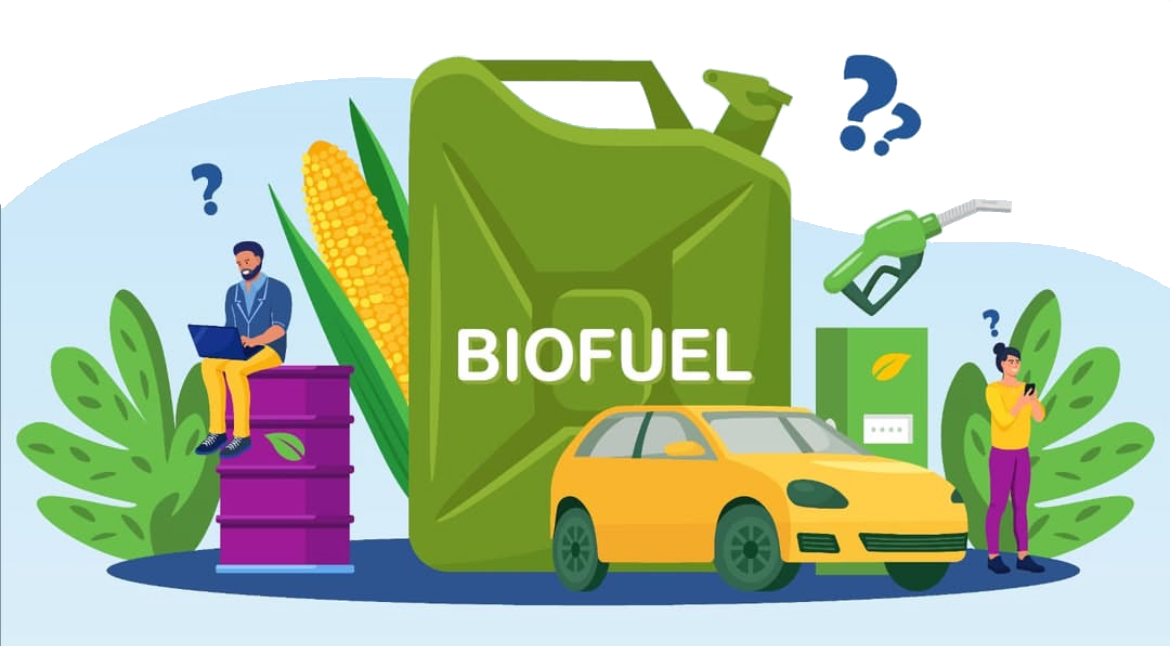
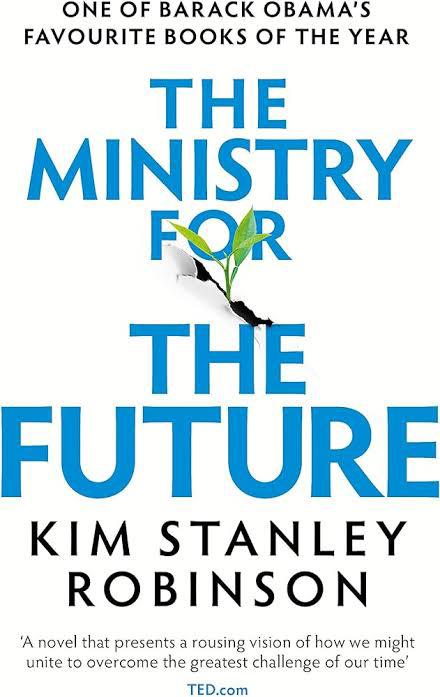
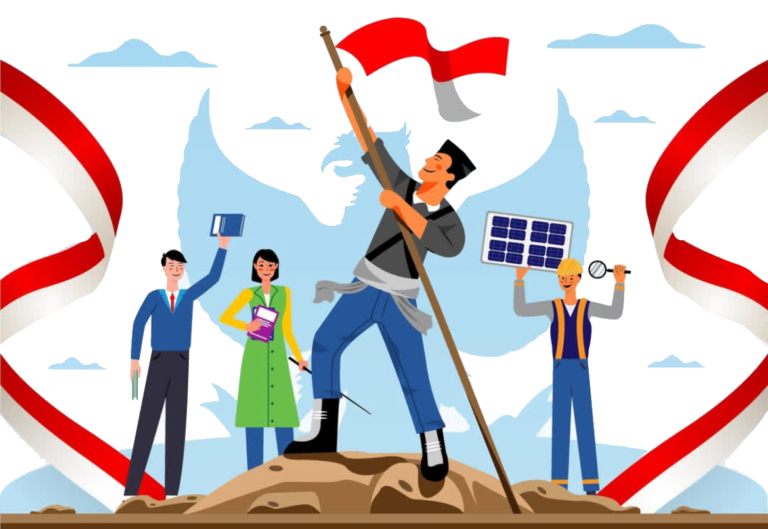
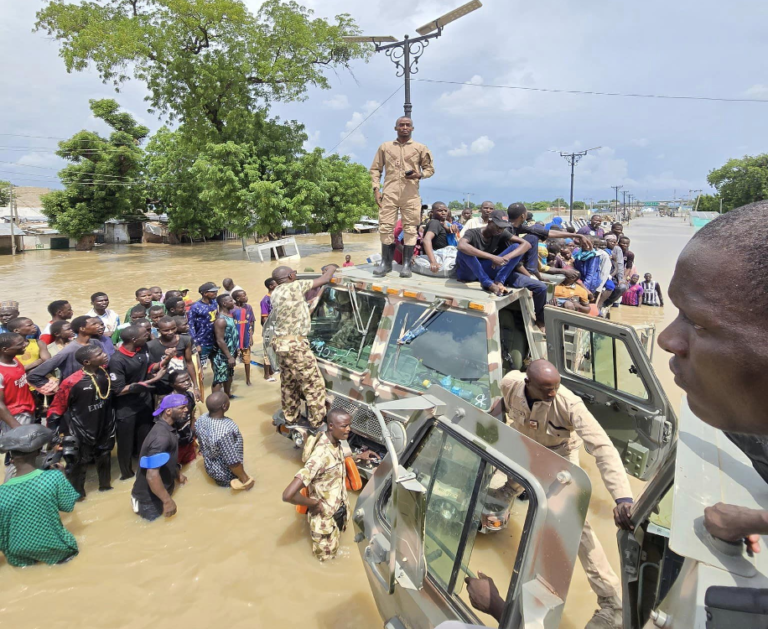
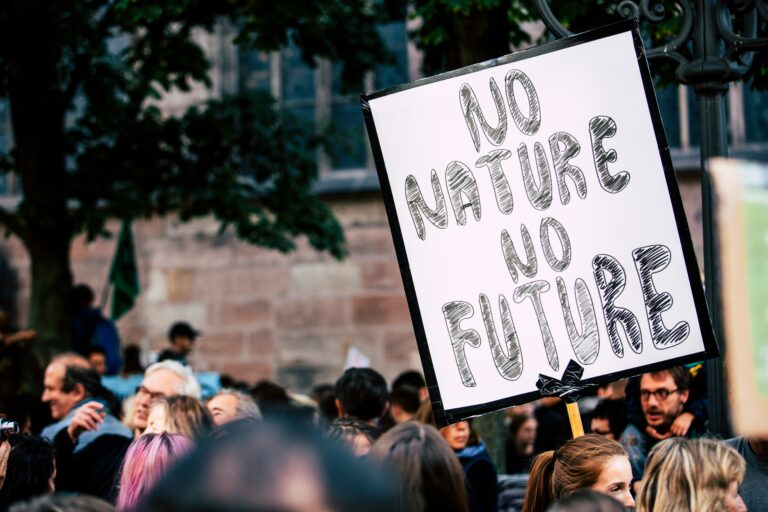
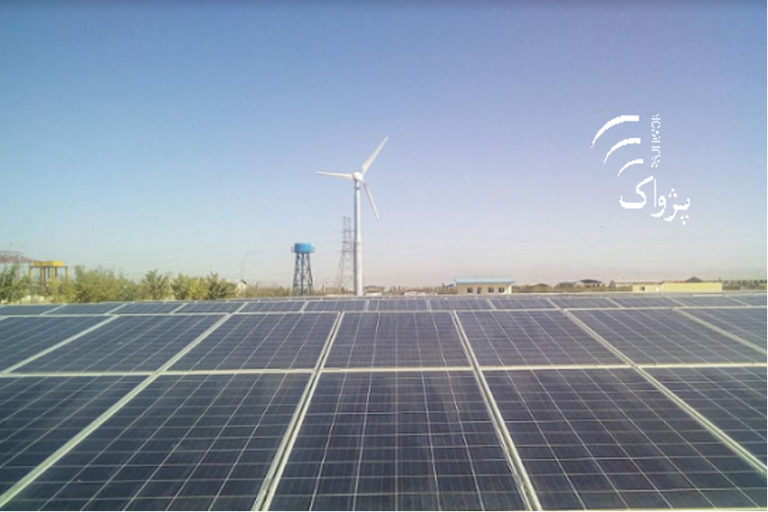
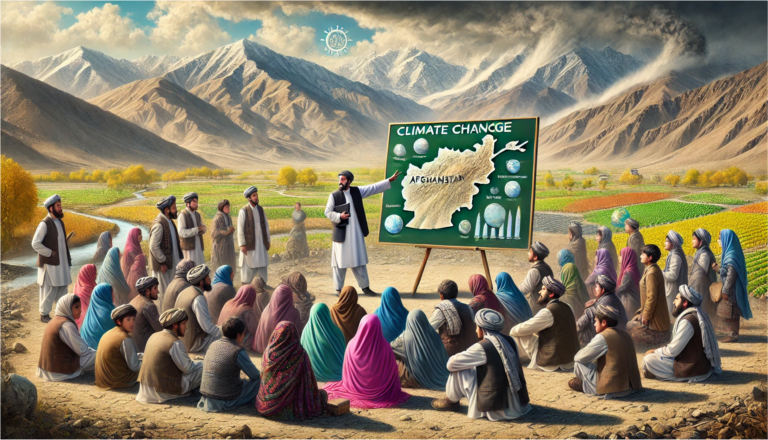
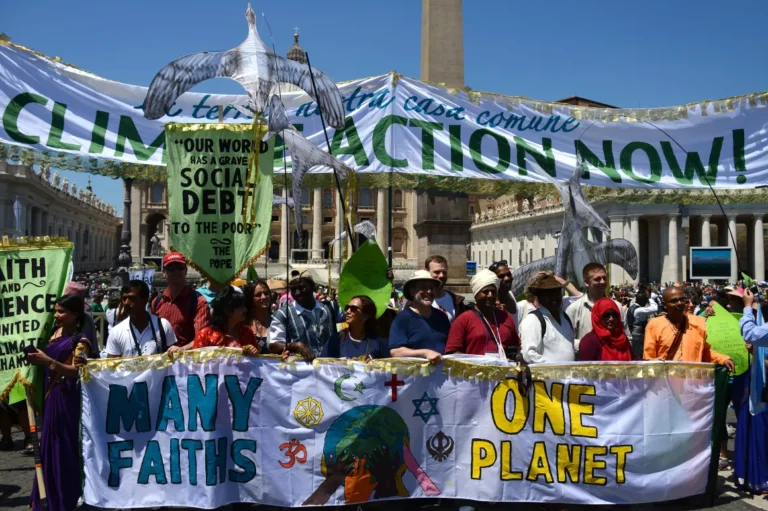
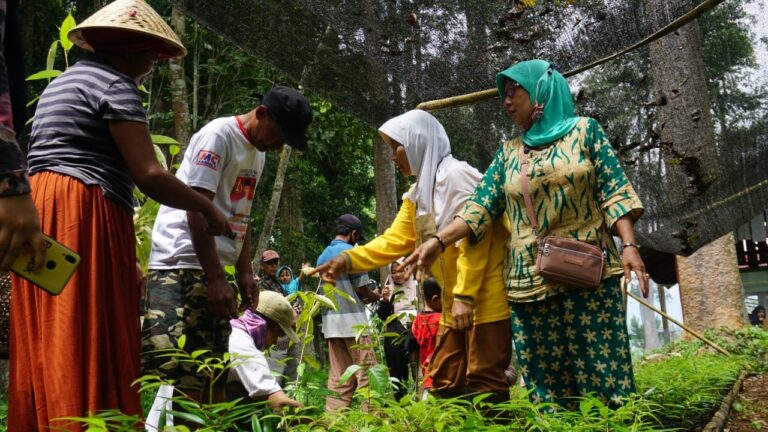
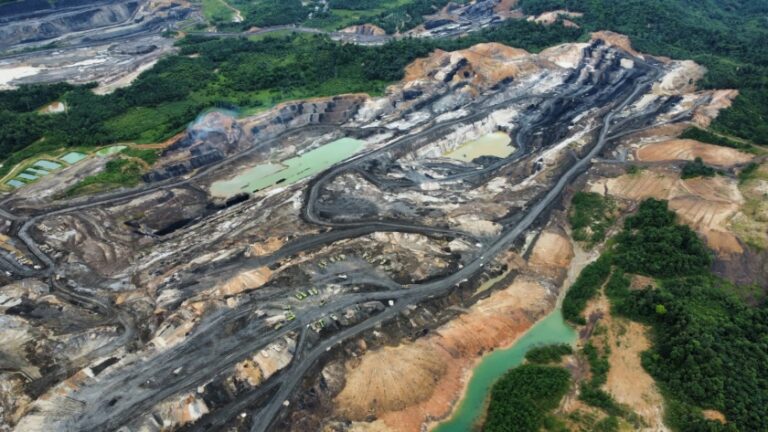
+ There are no comments
Add yours